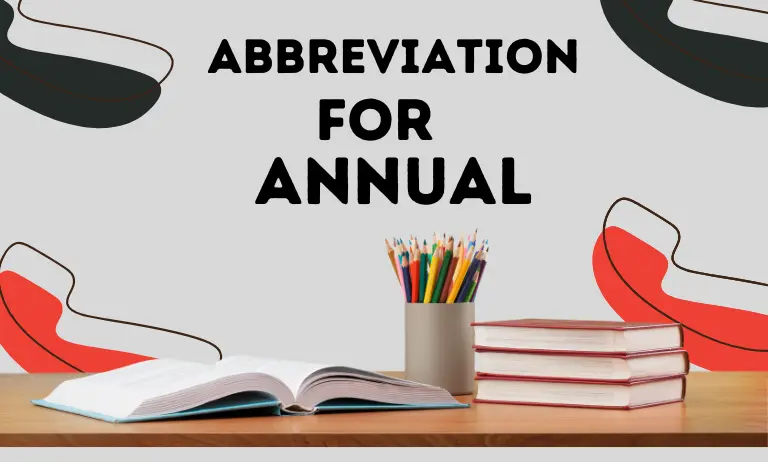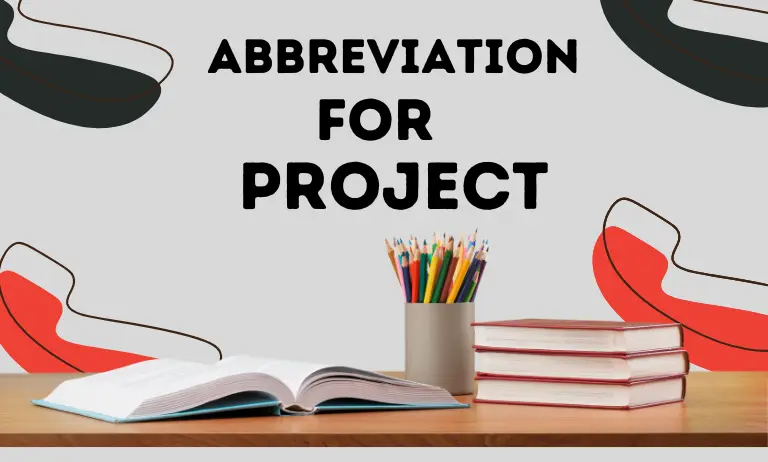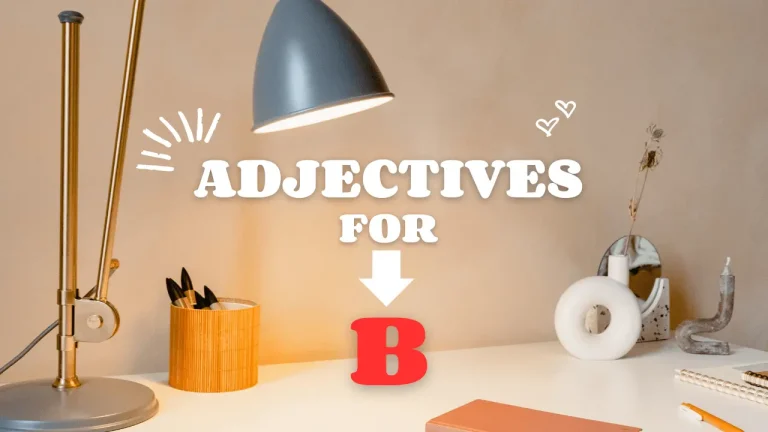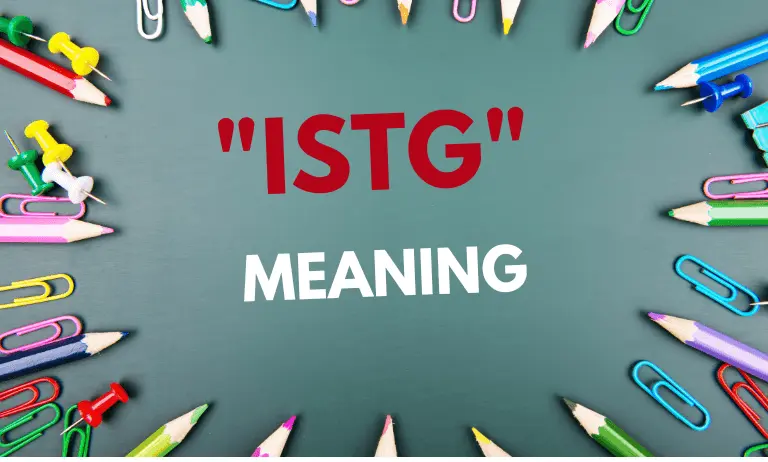List of Pronouns Cases And 9 Types
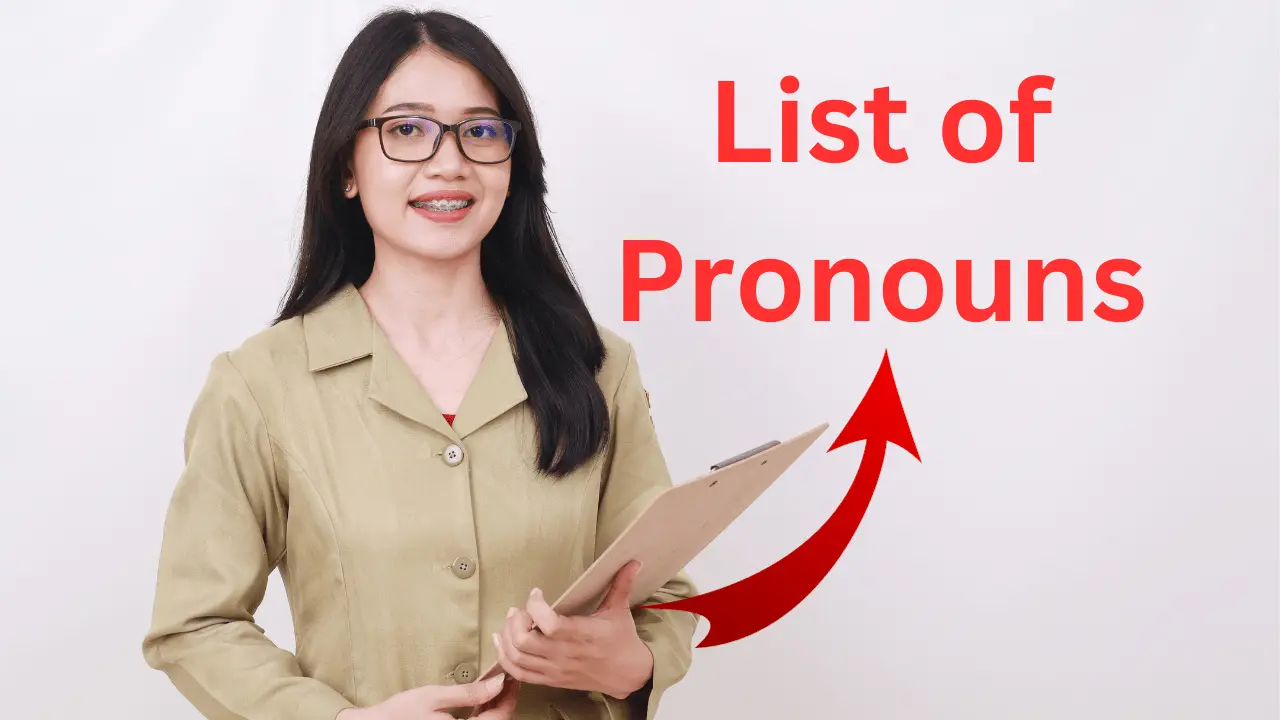
Introduction And List of Pronouns – Which is Easy To Understand
Those words that are used to replace nouns are called pronouns.
I.e. He (for boy), She (for girl), It, We, They, You, and so on are few pronouns.
List of pronouns are further divided into types like: “personal pronouns” refer to particular persons or things; “possessive pronouns” indicate ownership. To earn more knowledge read below essential types because these contain all basic information related pronouns types and part of speech.
Pronoun used in sentences:
Essential List of Pronouns
Pronouns are classified into list of pronouns based on their functions.
- Let’s start to describe List of Pronouns in detail which are important for everyone who wants to learn English in a short interval of time.
1. Relative Pronouns
A relative pronoun refers to a noun going before as well as joins two sentences together.
I.e. who, whose, whom, that , which, what, etc are some relative pronouns.
Note: Because they join sentences together, these’re also called conjunctive pronouns.
Relative Pronoun used in sentences:
2. Possessive Pronouns
In possessive case, pronouns which show ownership are called possessive pronouns
I.e. my, your, their, his, her, etc are few possessive pronouns.
Note: Basically, possessive pronouns indicate a case which is called possessive case, and it means ownership.
Possessive Pronoun used in sentences:
3. Reflexive Pronouns
Reflexive pronouns are formed by adding “self” to personal pronouns.
I.e. Myself, himself, herself, themself, itself, etc are some examples of reflexive pronouns.
Note: These’re also called reflexives, because the action of the subject reflects or turns back on the subject itself.
Reflexive Pronoun used in sentences:
4. Demonstrative Pronouns
A demonstrative pronoun is that which points to some noun going before and is used for it.
I.e. This, that, these, those, so, such, one, the same, etc are few demonstrative pronouns.
Demonstrative Pronoun used in sentences:
5. Interrogative Pronouns
These’re pronouns which are used for asking questions.
I.e. Who, which, what, why, whom, whose, etc are some interrogative pronouns, and also called “WH Family”.
Note: These’re used in place of the noun which we get in answer to the question.
Interrogative Pronoun used in sentences:
6. Indefinite Pronouns
Indefinite pronouns are those pronouns which don’t refer to any “particular person, place or thing”, but to a person or things in general.
I.e. One, some, none, nobody, somebody, everybody, all much, little, enough, etc are some famous examples of indefinite pronouns.
Note: these’re usually used at the beginning of the sentences.
Indefinite Pronoun used in sentences:
7. Personal Pronouns
Personal pronouns are those pronouns which are used in the place of subjects or names.
I.e. He, she, I, you, we, they, they are some personal pronouns.
Note: These may be 1st person, 2nd person, and 3rd person. In 1st person include “I, we”, in 2nd person include only “you”, and in 3rd person include “she, he, it, they”.
Personal Pronoun used in sentences:
8. Reciprocal Pronouns
Reciprocal Pronouns are pronouns that are used to express a mutual and close relationship.
I.e. Each other, another, one another, etc are some reciprocal pronouns.
Note: These’re usually used at the end point of the sentence.
Reciprocal Pronoun used in sentences:
9. Empathic or intensive Pronouns
Empathic or intensive pronouns have the same form as the “Reflexive Pronoun” but their function is different.
I.e. Himself, myself, herself, etc are some examples for empathic or intensive pronouns.
Note: Sometimes, these’re used to lay emphasis on the subject of a sentence. On the other hand, these can be placed after the object.
Empathic or intensive Pronoun used in sentences:
FAQs
Conclusion
We tried our best to understand in easy words the importance list of pronouns and their types in detail. After this, if you have to face any issues to understand, so you can share with us through comments below. We’ll try our best to solve your issues on time. Also, thanks for reading.
